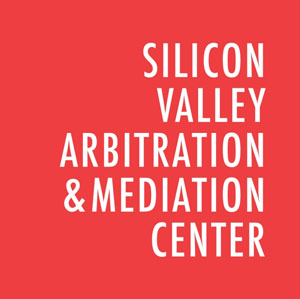by Gary Benton
The American Arbitration Association (AAA), the preeminent arbitral provider in the U.S., is taking some aggressive steps. After years of losing market share to smaller local and foreign providers, AAA, under new leadership, has introduced new rules, practices and technologies, all of which improve its offerings. It’s good news, particularly for the companies in the tech sector. Two particular changes merit attention.
First, is AAA’s emphasis on mediation. AAA has established a new division Mediation.org to educate users on mediation, provide searchable databases on mediators and promote diversity in alternative dispute resolution. The most far-reaching change is that AAA has revised its Commercial Arbitration Rules to provide mediation as the default in its arbitration proceedings. What this means is that, unless a party opts out, disputes bound for arbitration will first (or contemporaneously) go through mediation. At first blush, it may not seem like much given the opt-out provision. In practice, this change will result in many efficiencies for parties in arbitration. This change removes what some may perceive as a stigma of weakness in being the one to propose settlement discussions. This change offers parties increased opportunity to settle disputes early and with limited cost. Bravo!
The second major change AAA has introduced is optional appellate review. One of the great benefits of arbitration has been finality – disputes are resolved quickly and efficiently by skilled arbitrators without appeals. This benefit has been viewed by some, including several corporate counsel in Silicon Valley, as a disadvantage because there is limited or no review for errors of law. The AAA’s new Optional Appellate Arbitration Rules address that concern by providing optional review of awards. AAA’s Appellate Panel is planned to consist of former federal and state judges and neutrals with strong appellate backgrounds. The new rules allow for parties to choose whether they want the speed and finality typically provided in arbitration or a hybrid process which includes expert appellate review. The new rules are a further step in making arbitration an attractive alternative to long, costly and unpredictable court battles. Bravo again!
Promoting early mediation of disputes and optional appellate review of arbitrations are steps which should be applauded by the Silicon Valley tech community.
Gary
